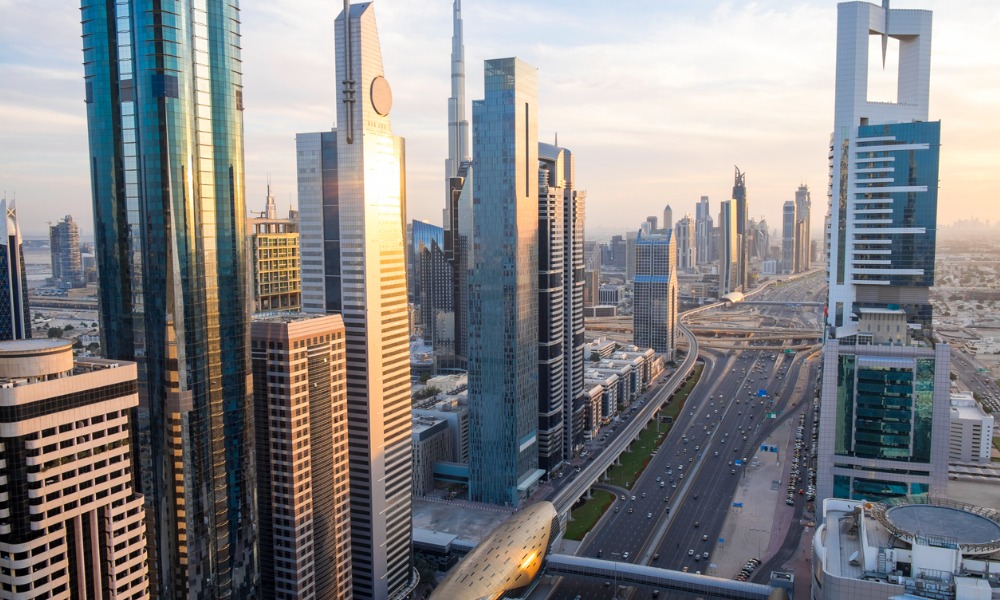
Break mandate initiated to prevent heat-related illnesses

The Ministry of Human Resources and Emiratisation (MOHRE) has discovered 47 employers that were non-compliant with the United Arab Emirates' midday work break regulation that was implemented to protect employees from scorching heat.
MOHRE were able to detect non-compliant employers through on-the-spot inspections that were carried out between June 15 and the end of July, The National reported.
According to the report, a "vast majority" of employers were observing the midday break mandate, which the government said was initiated to prevent heat-related illnesses and protect the rights of workers.
"The initiative contributed to enhancing the work environment by preventing workers from working outdoors in the summer peak times, to reduce workers' injuries," the ministry told The National.
Under the mandatory midday work break, working in open spaces and direct sunlight between 12:30 and 3:00 PM every day is banned. It was imposed starting June 15 and will last until September 15, 2023.
Employers are also required to provide employees with a shared area where workers can rest during their midday break.
Daily working hours shall also not exceed eight hours while the ban remains in effect. Carrying out work for more than eight hours in a 24-hour period will be considered overtime, according to the ministry.
Meanwhile, in roles with cases where it is not possible to postpone tasks until after the break, employers are required to provide their employees sufficient cold drinking water, first aid at the work site, adequate industrial cooling, umbrellas, and shaded areas for downtime.
Employers contravening these rules will be fined AED5,000 for each worker, according to the ministry, with a maximum of AED50,000 in cases of multiple workers.
This is the 19th year of the restriction's imposition in the UAE, which came as the United Nations warned of employees collapsing from the scorching heat due to global warming.
"Over the past years, we have seen impressive compliance rates, which confirms the level of awareness in the market about the importance of this decision and its effective role in protecting workers from the hazards of direct exposure to sunlight or working in open spaces around noon," said Mohsen Al Nassi, Assistant Undersecretary for Inspection Affairs at MoHRE, in a statement.